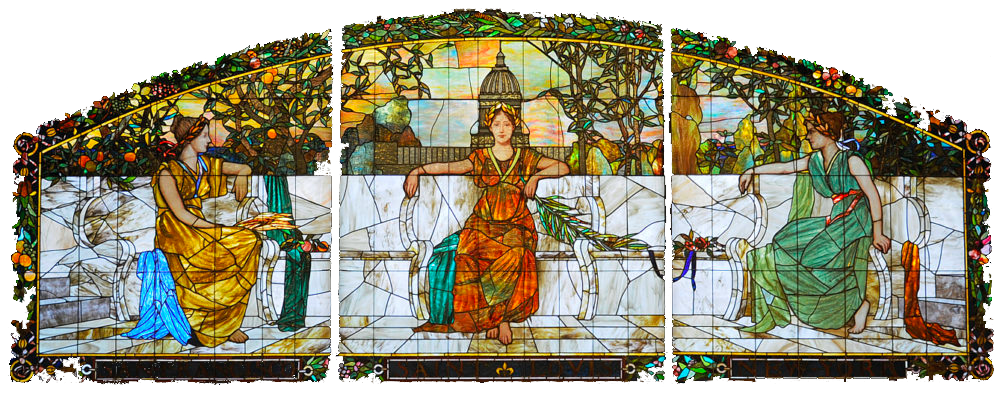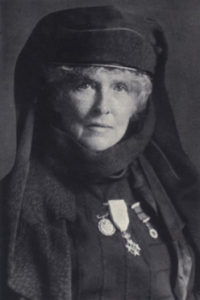Back in fourth grade, I was fascinated by the 19th century westward expansion of the United States. The stories I wrote reflected that. Research? Nah. I just wrote. This probably explains how I found myself writing a scene set in a one-room prairie schoolhouse where a bunch of students expressed their boredom by throwing paper airplanes at each other.
This was my introduction to the word “anachronism.”
An anachronism is a custom, event, or object stuck in a period in which it does not belong. When readers find anachronisms in their historical fiction, it makes them doubt everything else the author tells them. It’s like being offered a chocolate chip cookie fresh out of the oven and discovering that those “chips” are really raisins. The cookie is suddenly less palatable, and you’re never going to trust the baker again.
Most authors do their very best to research as accurately as possible. Nailing down historical fact is relatively easy. For example, it’s obvious that characters in 1912 can’t hear news of the Titanic sinking via radio; a diabetic character in 1920 can’t reach for insulin; characters in 1957 can’t refer to 50 states in the U.S.A.
Conveying the “feel” of a time period is a little more difficult. Even if a character is meant to be a free-spirited “one-of-a-kind” (which she technically can be only after 1961), there’s only so far an author can go before it challenges the bonds of credibility. Language counts, too. It broke my heart when writing NEWPORT to part with the expletive “horsefeathers.” It was perfect for the character and the scene. Unfortunately, NEWPORT takes place in 1921, and “horsefeathers” did not enter the vernacular until 1928.
I research constantly when writing historical fiction. I try hard to nail the facts and textures of the era. But no matter how many times I check my facts, there is always the chance that something incorrect will slip into the story. I’m already wincing about it.
It is in this spirit that I offer the words of Maud Howe Elliott.
Maud Howe Elliott (Nov. 9, 1854-March 19th, 1948) was the daughter of Julia Ward Howe and Samuel Gridley Howe. She won a Pulitzer for co-authoring The Life of Julia Ward Howe (1916). A prominent resident of Newport, R.I., Elliott was a founder of the Progressive party and a patron of the arts. She wrote many books during the course of her long life, including This Was My Newport, an autobiography published in 1944. This “apology” appeared in the Foreward to the Second Edition of that book, and is dated August 1945:
My attention has been called to certain errors in the first edition of this book. I am sorry to have made any misstatements, but I wish to point out that it is commonly believed that no book has ever printed without some errors.
It is human to err, and I can only say in reply to my critic that I tried to tell the truth, and if I have failed it has been with malice toward none and charity to all.
I do find it amusing that Elliott doesn’t go back to correct anything after this disclaimer, making it clear that she’s convinced her memory and facts are in far better shape than those of her singular “critic.”
Me? I would go back and correct. At once. But in the meantime, I’m thinking I should print Mrs. Elliott’s words up on cards to distribute should the worst occur.
Please know that I have tried my very best to make NEWPORT as accurate as possible, and that I am now fully aware that American prairie kids in the mid-19th century would not be lobbing paper airplanes.
Whew. I feel so much better now.









Thoroughly enjoyed this. 🙂 Well done.
Thank you, Phyllis. You are very kind!
Anything Newport/Portsmouth. I know Lawton Valey where Julia Ward Howe lived.
I’m not familiar with it, but it sounds like I should be. The pictures look idyllic. Maybe a future field trip for me?